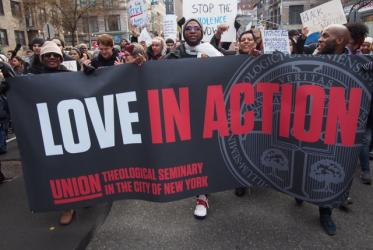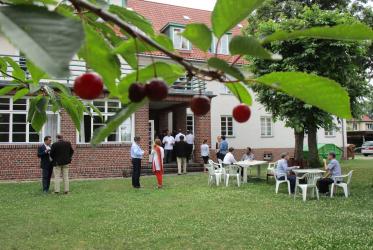The 6th reflection of the Lenten Campaign: Seven Weeks for Water 2017 of the Word Council of Churches’ (WCC) Ecumenical Water Network (EWN) is by Rev. Frank Chikane. Rev. Frank Chikane is a former Director General and Secretary of Cabinet in the presidency of South Africa under Thabo Mbeki (1999 – 2008), Khalema Motlanthe (2008-2009) and Jacob Zuma (2009). He was also Director General in Office of Deputy President Mbeki and Deputy Secretary of the Cabinet during President Nelson Mandela’s Presidency. He is also the former general secretary of the South African Council of Churches (1987-1994). Currently, he is the moderator of the WCC’s Commission of Churches on International Affairs and is the author of many books. He is remembered for his struggle against the apartheid regime in South Africa during his student days and the rest of his adult life until 1994. In the following reflection, relating to his own context as well as from the biblical story of Isaac’s wells, he highlights how water can be a source of conflict as well as a source of peace-building. Water has the potential to create peace when it is shared. He further explores the River Nile on the African continent as an example.
06 March 2017
WCC Programmes











